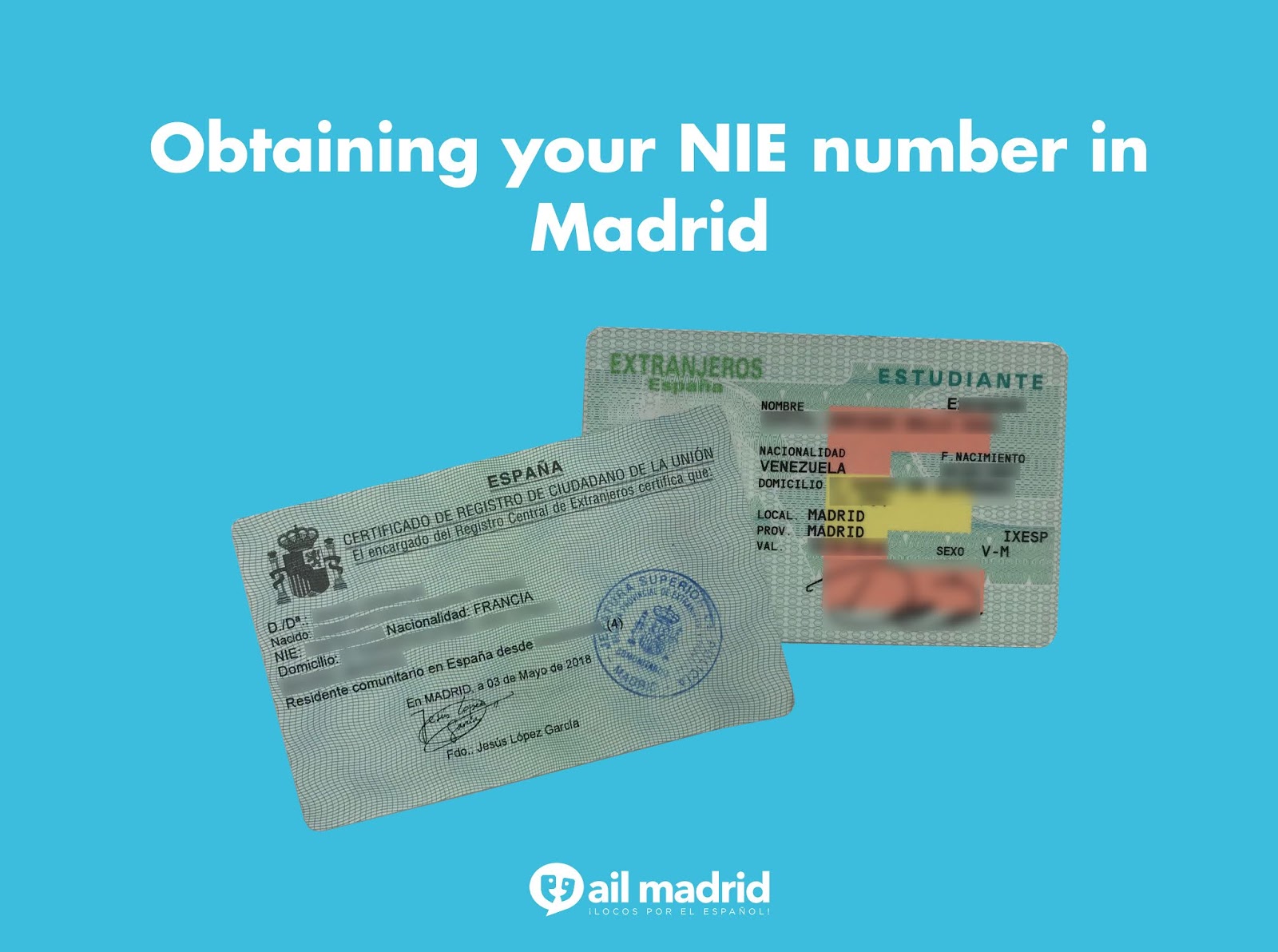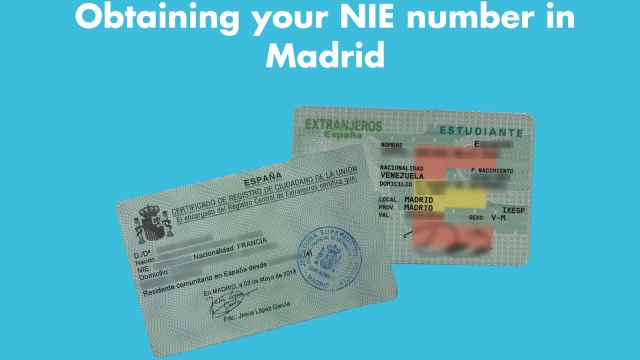If you’re planning to stay in Spain for an extended period of time, obtaining a NIE number is an essential step in ensuring a smooth transition and legal compliance. The NIE number, which stands for Número de Identificación de Extranjero, is a unique identifier assigned to foreigners residing in Spain for various purposes, such as work, study, or buying property.
So, what exactly is a NIE number in Spain? Essentially, it is your identification number that is required for any official transaction or interaction with Spanish authorities. Without it, you may find yourself facing numerous obstacles and delays in important matters, such as opening a bank account, signing a rental agreement, or even receiving medical care.
Navigating through the process of obtaining a NIE number in Spain can seem daunting at first, but fear not! In this comprehensive guide, we will walk you through the necessary steps and provide you with the essential information you need to successfully obtain your NIE number. Whether you’re a student studying abroad, a digital nomad, or simply looking to make Spain your new home, this guide will be your go-to resource for all things NIE.
Let’s dive in and discover the ins and outs of the NIE number in Spain, from its significance to the step-by-step process of obtaining one. By the end of this guide, you’ll be well-equipped to handle the administrative aspects of your stay in Spain, and most importantly, you’ll have your own NIE number in hand, ready to embark on your exciting Spanish adventure.
Why do you need a NIE Number in Spain?
Having a NIE Number in Spain is essential for several reasons. Firstly, it is required for any financial transactions you plan to undertake, such as opening a bank account or applying for a mortgage. Additionally, it is necessary when conducting business activities, such as starting a company or becoming self-employed.
Moreover, a NIE Number is essential for official matters related to residency, including buying or selling property, signing rental contracts, or applying for public services. It is also necessary for accessing healthcare or enrolling in educational institutions in Spain.
Lastly, a NIE Number is often asked for when applying for various bureaucratic procedures, such as obtaining a driver’s license, purchasing a vehicle, or getting official documents legalized. Overall, having a NIE Number in Spain is vital for navigating the administrative processes and legal requirements of living or doing business in the country.
How to obtain a NIE Number in Spain
To obtain a NIE Number in Spain, you will need to follow a few steps. Here’s a guide to help you through the process:
-
Research the requirements: Before you start the application process, it’s important to understand what documents and information you’ll need to provide. Typically, you’ll need to show proof of your identity, such as a valid passport, and the reason why you need a NIE Number, which could be for work, studies, or other legal purposes.
-
Make an appointment: Once you have gathered all the necessary documents, you will need to schedule an appointment at the local Foreigner’s Office or Police Station. It’s crucial to book the appointment in advance, as walk-ins are generally not accepted. You can usually do this online or through a phone call, depending on the specific office.
-
Attend your appointment: On the day of your appointment, make sure to arrive on time and bring all the required documents with you. The officer will review your paperwork, collect any necessary fees, and provide you with an application form to fill out. Take your time to complete the form accurately, as any errors or omissions could cause delays in the process.
Remember, the process of obtaining a NIE Number can vary slightly depending on the region in Spain, so it’s always a good idea to check with the specific office or consulate for any additional requirements or procedures.
Tips for a smooth NIE Number application process

-
Complete the necessary documentation: To ensure a smooth NIE Number application process in Spain, it is crucial to have all the required documentation ready and properly filled out. This typically includes completing the NIE application form, providing a valid passport or ID, proof of address in Spain, and any additional supporting documents required by the authorities. Double-check that all the information provided is accurate and up to date to avoid any potential delays or complications.
-
Make an appointment in advance: Booking an appointment in advance is highly recommended to save time and avoid long waiting periods at the immigration office. Depending on the region, you can usually schedule an appointment online or via phone. Plan ahead and choose a date and time that suits your schedule to ensure a more efficient and hassle-free experience.
-
Arrive prepared and on time: On the day of your appointment, make sure to arrive well-prepared and on time. Bring all the necessary documentation, including copies and originals, as well as any additional paperwork that may be required. Being organized and punctual will help streamline the process and prevent any unnecessary delays or complications. Remember to bring any required fees or payment methods as well.
By following these tips, you can increase your chances of a smooth NIE Number application process in Spain. Being well-prepared, organized, and prompt will help ensure that your application is processed efficiently and without any unnecessary setbacks.



